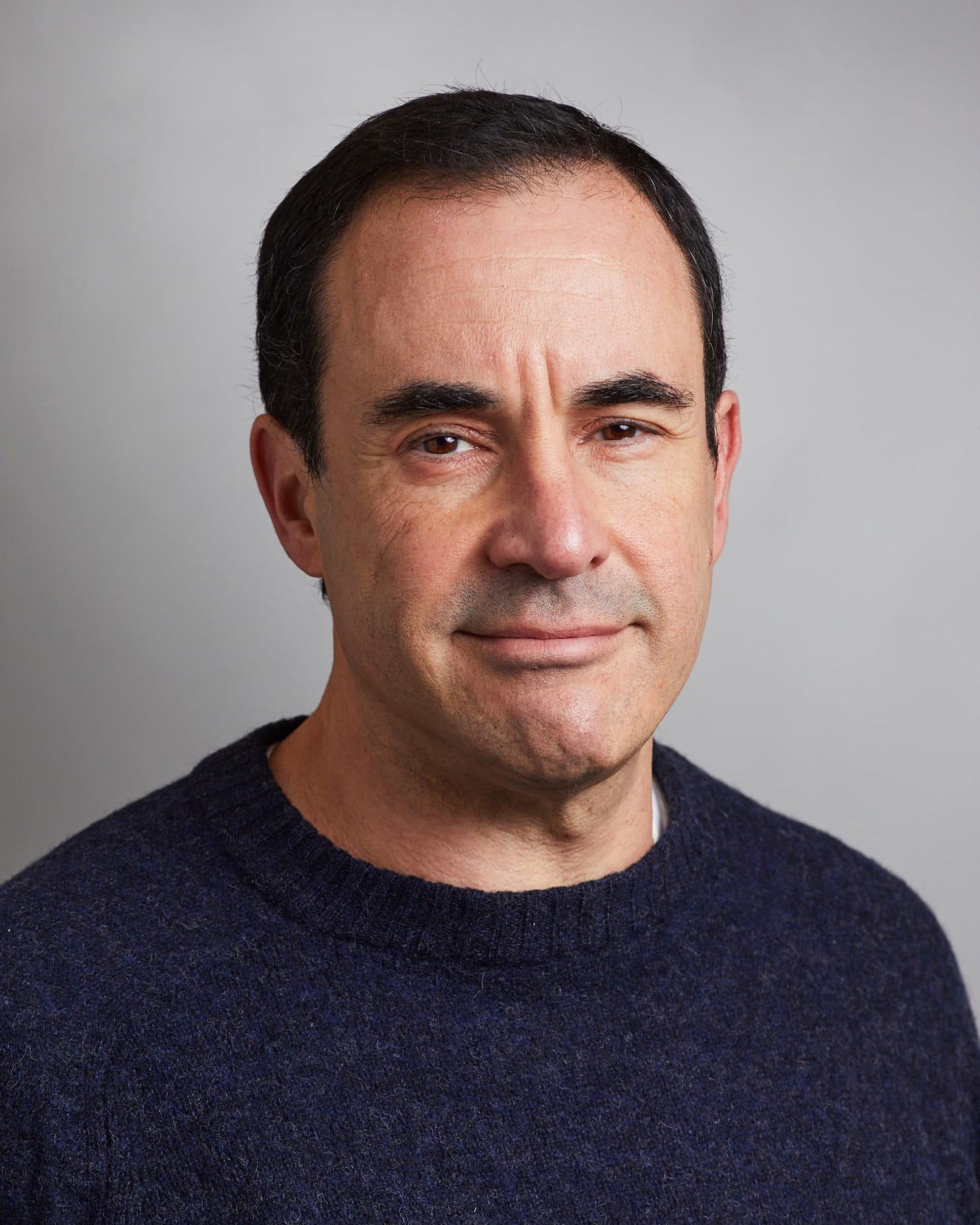INTERVIEW: Yale Professor Speaks Out About Pro-Palestine Student Protests
Important Context interviewed Professor Gregg Gonsalves about the student demonstrations and more.
This week, Important Context interviewed epidemiologist and activist Gregg Gonsalves, an associate professor at Yale School of Public Health and Yale Law School, about the pro-Palestine student demonstrations at his school.
Gonsalves has been an outspoken defender of the demonstrators and a critic of the decision by his university’s administration to crack down and involve the police, which led to arrests last month. In a piece for the Yale Daily News, he wrote that “Protest on campus is part of higher education, despite what some of my own colleagues would like to think.”
“It is preparation for citizenship and active participation in democracy; it is learning about moral choices that face us as adults; it is about bearing witness and about putting our own bodies on the line and not remaining silent in the face of injustice,” Gonsalves continued.
Yale was not alone in its decision to involve police. Other schools across the country have similarly responded to the protests. In fact, this wave of student demonstrations began after Columbia University called the police on its demonstrators, leading to over 200 arrests. But Gonsalves rejects the necessity of such actions, noting “They did not have to do this” and citing examples of previous protests where the schools, including Yale, did not invite a police response.
“You never put law enforcement in the mix,” he said. “It only makes things worse.”
Gonsalves has been pushing back in general on attacks against the students. Although they have been largely peaceful, the demonstrators have faced accusations of widespread antisemitism and criticisms of their occupation-style tactics along with the brute force of the police at the behest of school officials. Political leaders have even weighed in, including President Biden, who suggested the demonstrators were getting out of hand and declared that “order must prevail.”
Gonsalves said he doesn’t think much of these characterizations. The professor acknowledged that while there is certainly antisemitism and other forms of bigotry on campuses, the idea that institutions of higher learning are breeding grounds for hate is completely unsupported—and a deliberate bad faith effort to undermine the students and academia.
“Antisemitism on campuses is a real thing, even if it's imported by right-wing provocateurs,” Gonsalves said. “But this is the way in which [far-right activist] Chris Rufo is figuring out how to sort of divide and conquer American universities because he takes something that has real real truth to it, and uses a wedge to divide people from each other.”
The hand-wringing critiques of the current pro-Palestine protests echo responses to earlier demonstrations that have not held up well as the years have gone on. According to polling from Gallup, Americans took a similarly dismal view of protests during the Civil Rights Movement. A poll taken a in May 1964, less than a year after Dr. Martin Luther King Jr. delivered his famous “I Have a Dream” speech at the mall in Washington, D.C., a staggering 74 percent of Americans said they felt mass demonstrations were harming the civil rights cause. King himself had noted weakness of white moderates as allies, declaring “these are the people who stand in the way of progress because they are committed only in a lukewarm manner—and every time you move to try to solve the problem they will respond by saying ‘you’re moving too fast; you ought to cool off; you should put on brakes’—and they end up more devoted to order than to justice.”
Gonsalves said that much of the pushback against the students is rooted in the fact that the protests are so potent and challenging entrenched power.
“These are sort of class-based, race-based values that people have that, ‘things are good for me right now; don't upset the applecart; we don't need to give special treatment to different groups of people; we don't have to engage in these issues,’” Gonsalves said, noting the resistance to the protests. “And of course, you know, as some commentators have said, in 20, 30 years…people [will be] saying how right the protesters were to push for a ceasefire, etc, during the current moment. But you and I will remember that university presidents, liberal commentators—leave the right wing out of this—the liberal commentators and university presidents really, you know, did the bidding of the Netanyahu government here.”
Important Context also asked Gonsalves about the ongoing COVID-19 pandemic and the H5N1 avian flu. Watch the full interview here:



